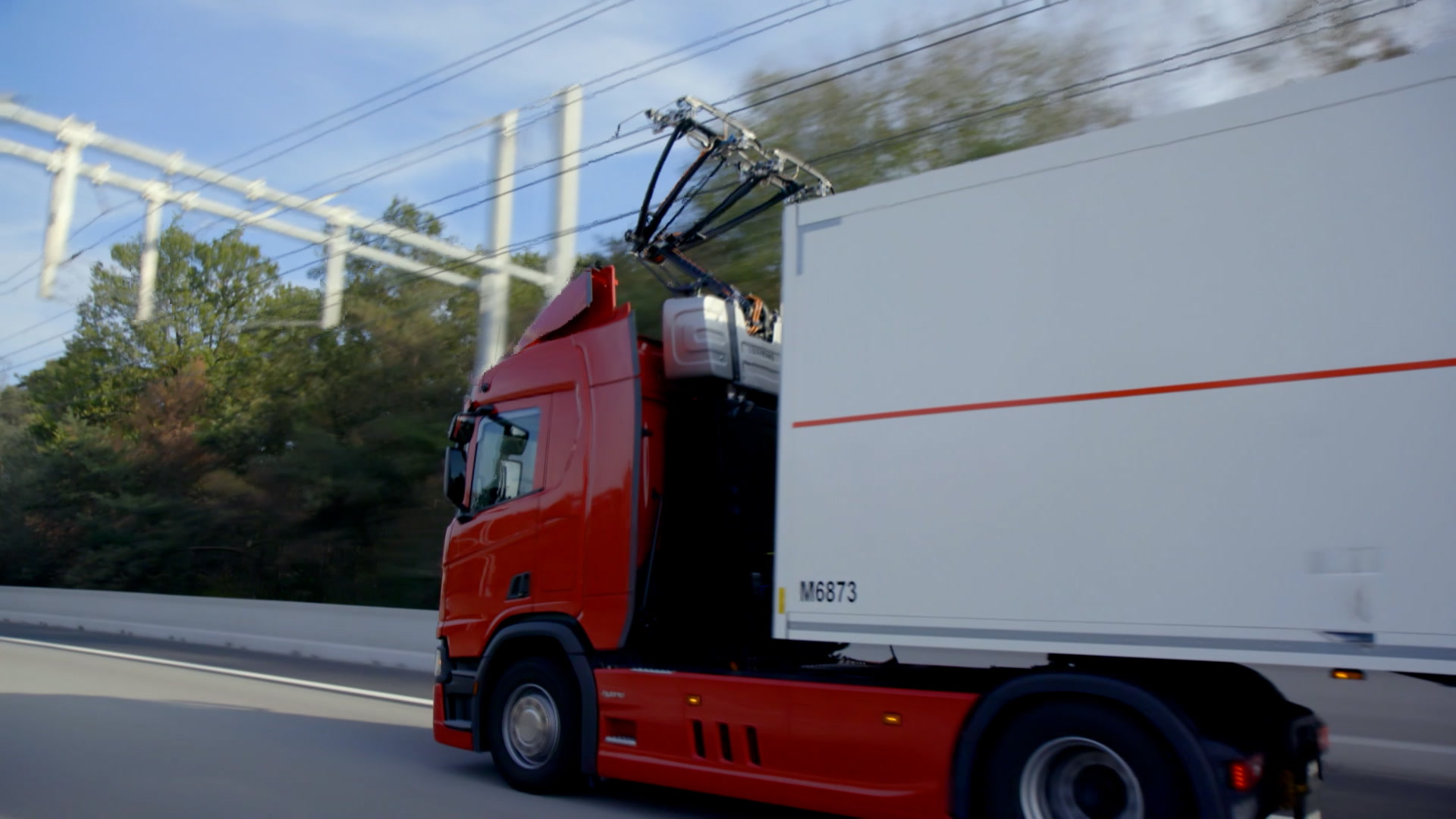How international travel is changing biodiversity


Get involved with our crowdsourced digital platform to deliver impact at scale
Stay up to date:
Supply Chain and Transport
Every year, millions of people travel across the planet in boats, trains, cars, and planes. Along with them often travel dozens of tiny hitchhikers — foreign plants, insects, and sometimes other animals too.
These introduced species have colonized the globe from South Africa to Antarctica.
To Elizabeth Kolbert, author of “The Sixth Extinction,” this is a very big problem.
Out of the foreign invaders that people introduce to a new area each year, a sizable chunk become what’s known as “invasive,” meaning they beat out a region’s native plants and animals and upset the delicate balance of life that has existed in that area for thousands of years.
As a result, writes, Kolbert, “global diversity — the total number of different species that can be found worldwide — has dropped.”
Barring any immediate changes in our actions, the diversity is slated to continue declining. Eventually, scientists predict, we will have succeeded in reshuffling the life on the planet to such an extent that, from a biological perspective, the terrain will start to look virtually identical — no matter where you are.
The Earth hasn’t approached this level of homogeneity, a.k.a. blandness, since all our continents were smashed together as one supercontinent known as Pangaea.
That was roughly 300 million years ago.
“From the standpoint of the world’s biota, global travel represents a radically new phenomenon and, at the same time, a replay of the very old,” Kolbert writes.
In other words, we’re reversing what happened when the continents that once made up Pangaea gradually drifted apart.
This, writes Kolbert, is “another way in which humans are running geologic history backward and at high speed. Think of it as a souped-up version of plate tectonics, minus the plates.”
By transporting plants and animals from one corner of the globe to another, Kolbert writes, “we are, in effect, reassembling the world into one enormous supercontinent — what biologists sometimes refer to as the New Pangaea.”
In the New Pangaea, many of the plants and animals we’re familiar with today won’t exist. They will have been killed off by invaders.
Take the Papua New Guinean brown tree snake, for example. When the snake was introduced to Guam in the 1940s (presumably by hitching a ride aboard a military cargo ship), it “ate its way through most of the island’s native birds” as well as most of the other mammals native to the island, writes Kolbert. “So thorough has been the devastation wrought by the brown tree snake,” Kolbert writes, “that it has practically run out of native animals to consume.”
This article is published in collaboration with Business Insider. Publication does not imply endorsement of views by the World Economic Forum.
To keep up with the Agenda subscribe to our weekly newsletter.
Author: Erin is a science reporter at Business Insider.
Image: The new Airbus A 380 super jumbo jet airplane stands at Frankfurt airport prior to its first passenger flight early morning. REUTERS/Kai Pfaffenbach
Don't miss any update on this topic
Create a free account and access your personalized content collection with our latest publications and analyses.
License and Republishing
World Economic Forum articles may be republished in accordance with the Creative Commons Attribution-NonCommercial-NoDerivatives 4.0 International Public License, and in accordance with our Terms of Use.
The views expressed in this article are those of the author alone and not the World Economic Forum.
Related topics:
The Agenda Weekly
A weekly update of the most important issues driving the global agenda
You can unsubscribe at any time using the link in our emails. For more details, review our privacy policy.
More on Supply Chain and TransportSee all
Rida Tahir
April 9, 2024
Kimberley Botwright and Spencer Feingold
March 27, 2024
Andrea Willige
March 19, 2024
Laia Barbarà and Claudia Galea
March 12, 2024
Zera Zheng, Rico van Leuken and Lars Karlsson
February 23, 2024






